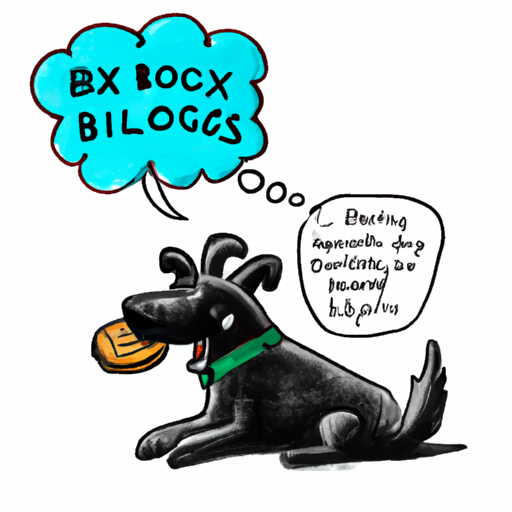“`markdown
What Does Activated Charcoal Do For Dogs?
An Introduction to Activated Charcoal
You might have heard of activated charcoal in various health and wellness circles. It’s become a prominent ingredient in everything from toothpaste to facial masks. While it has gained popularity for human use, it’s important to know that this substance also has significant benefits for our four-legged friends.
Activated charcoal is a fine black powder made from materials like coconut shells, bone char, or peat. It becomes “activated” when exposed to high temperatures in the presence of a gas, causing it to develop many tiny pores. These pores can trap toxins, making activated charcoal a potent substance for treating poisonings and overdoses.
How Activated Charcoal Works in Dogs
When your dog ingests activated charcoal, it works by trapping toxins in its pores via a process called adsorption (not to be confused with absorption). This prevents the toxins from entering the bloodstream and causing harm.
Imagine, if you will, a sponge soaking up a spill. That’s essentially what activated charcoal does in your dog’s body—it sponges up harmful substances.
When to Use Activated Charcoal for Dogs
While activated charcoal can be a lifesaver, it’s not something you want to use regularly or without a vet’s guidance. Here are some scenarios where activated charcoal might be beneficial for your pup:
- Accidental Ingestion: If your dog accidentally ingests something toxic like chocolate or certain plants, activated charcoal can help prevent the toxin from being absorbed into their system.
- Drug Overdose: In cases of accidental drug overdose, activated charcoal can help to reduce the amount of drug that enters the bloodstream.
However, it’s vital to remember that activated charcoal isn’t effective against all toxins. Always consult with a vet before administering it.
The Risks and Side Effects of Activated Charcoal
Like any substance, activated charcoal comes with potential risks and side effects. These can include:
- Vomiting
- Diarrhea
- Constipation
- Black stools
It’s also important to note that activated charcoal can interfere with certain medications, preventing them from being absorbed into the body.
| Potential Side Effect | Description |
|---|---|
| Vomiting | Occurs when the body tries to expel the charcoal and trapped toxins |
| Diarrhea | Can happen if too much charcoal passes through the digestive system |
| Constipation | May occur if the charcoal hardens in the dog’s system |
| Black stools | A harmless side effect; the charcoal colors the feces black |
Frequently Asked Questions
Q: Can I use human activated charcoal for my dog?
A: Yes, but always under vet supervision. The dosage for dogs is different than for humans.
Q: How quickly does activated charcoal work in dogs?
A: Activated charcoal starts working immediately but may take several hours to fully process the toxins.
Q: Can I use activated charcoal as a regular supplement for my dog?
A: No, it’s not recommended to use activated charcoal regularly as it can interfere with nutrient absorption and medication effectiveness.
Remember, when it comes to your dog’s health, always consult with a professional. Activated charcoal can be a powerful tool in emergency situations, but it should never replace proper veterinary care.
“`



